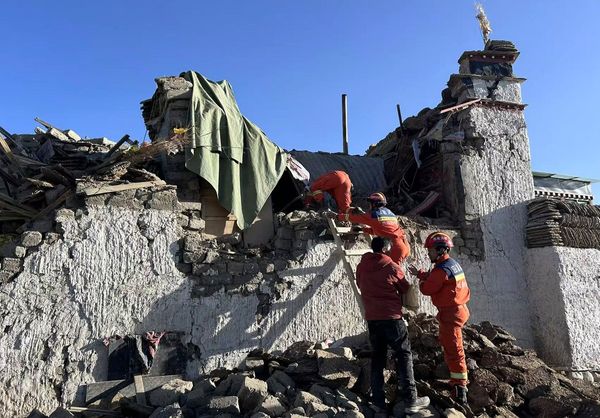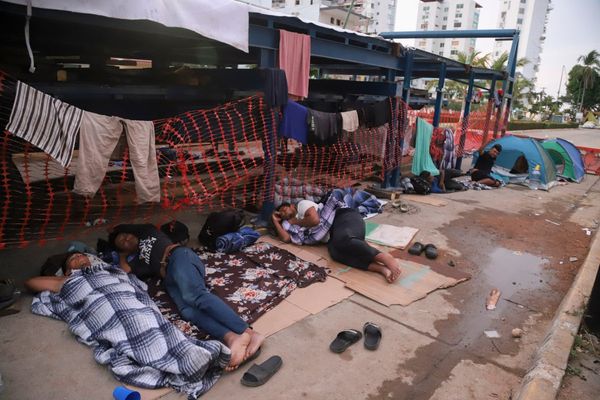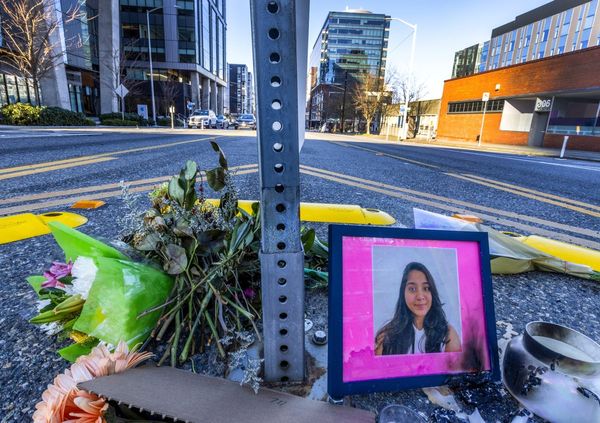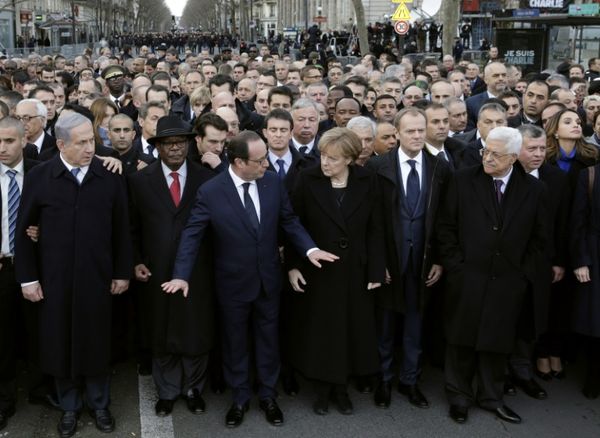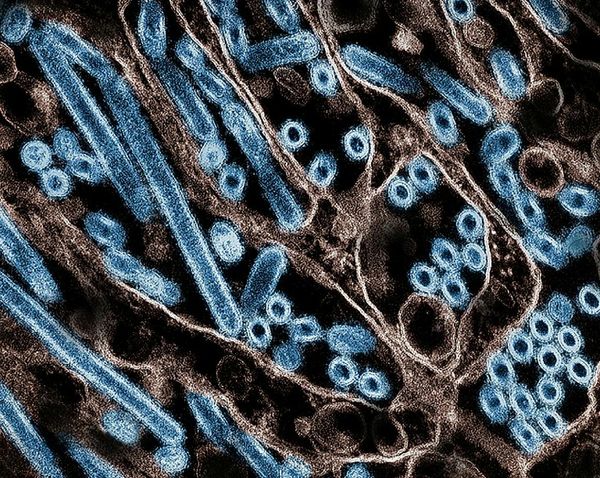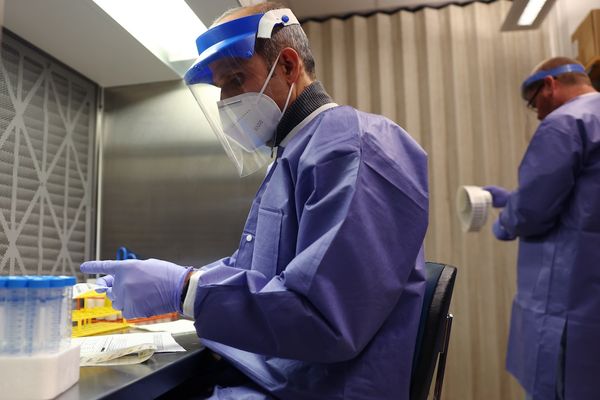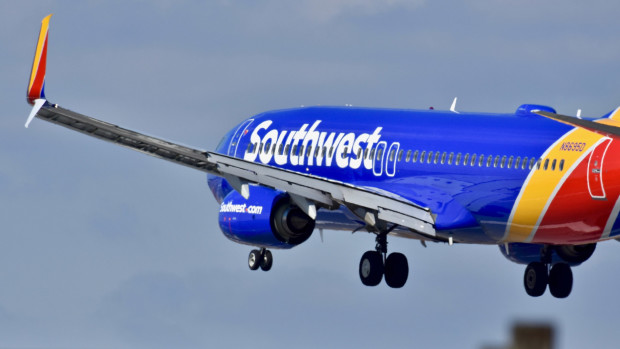
Southwest Airlines has historically been the friendly airline that treats its customers well. That treatment came from airline workers who were proud of the company they represented and who wanted to go above and beyond.
Before the covid pandemic, when the airline still had an in-flight magazine, it had a section that shared stories of employees going above and beyond for passengers. These were tear-inducing tales of Southwest Airlines (LUV) -) employees doing incredible things to serve the company's passengers.
DON'T MISS: Disney World Makes Long-Awaited Change Visitors Will Love
While most airlines maintained a sort of formality between workers and customers, Southwest employees had a company-supported irreverence. For decades, the company's workers and management appeared to be on the same page.
That seemed to continue into the dark days of the covid pandemic when the airline managed to avoid laying off any workers. Cracks appeared in that happy facade, however, during Southwest's holiday-season meltdown.
Instead of defending the airline, Southwest Pilots -- who have been negotiating with the company for a new contract for over a year -- threw gasoline on the fire.
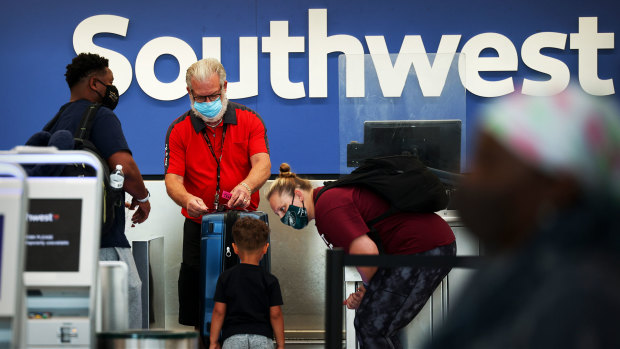
Image source: Kevin Dietsch/Getty Images
Southwest Has a Labor Problem
The Southwest Airlines Pilots Association (SWAPA) released a scathing letter in January that contrasted a quote from the airline's founder Herb Kelleher with one from current Chairman (and former CEO) Gary Kelly.
“You put your employees first. If you truly treat your employees that way, they will treat your customers well, your customers will come back, and that’s what makes your shareholders happy. So there’s no constituency at war with any other constituency. Ultimately, it’s shareholder value that you’re producing,” said the company's founder and former CEO who passed away in 2019.
Kelly's remarks were less kind to employees.
“Arguably, our shareholders have suffered for a long time when it comes to getting a return and our employees have been very well taken care of,” Kelly said.
The pilots union has been openly critical of the airline and does not believe it has been negotiating in good faith. Because of that, SWAPA has asked to be released from federal mediation over its contract issues with the airline.
That's a necessary step if the pilots want to strike -- something they voted to authorize nearly unanimously. The National Mediation Board, which would have to authorize ending negotiations -- clearing the way for a strike -- had denied SWAPA's request.
"Had the request been granted, the release from mediation would have triggered a 30-day cooling-off period before a Presidential Emergency Board or release to self-help, such as a strike under U.S. labor law," Simply Flying reported.
Here's What Southwest Pilots Want
Just because the National Mediation Board has denied SWAPA's request to end negotiations, does not mean a deal will be reached. SWAPA President Capt. Casey Murray explained in a recent interview with Aviation Daily that salary was not the core issue being debated.
“I feel confident when I say that we’re the only labor union in the world that is not trying to work less and get paid more; we’re trying to provide efficiency so that we work smarter,” he said. “That’s our main sticking point in negotiations -- simply trying to drive some efficiencies in how we are being used.”
Salary will largely be dictated by deals recently reached by American Airlines and United Airlines with their pilot unions.
Murray has also saluted Southwest for addressing some of the lack of spending that led to its holiday meltdown, but he does not believe that money alone will solve its problems. (The airline is investing $1.3 billion in technology, equipment, and people to correct the problem that left tens of thousands of people stranded last winter).
"Yes, $1.3 billion does need to be spent,” Murray said. “With the focus on dividends and buybacks over the last decade, there has been a lack of investment in infrastructure and IT, and that does have to be done. But none of that is going to solve the process problems of connecting pilots and airplanes...there has to be a refocusing on efficiency."
